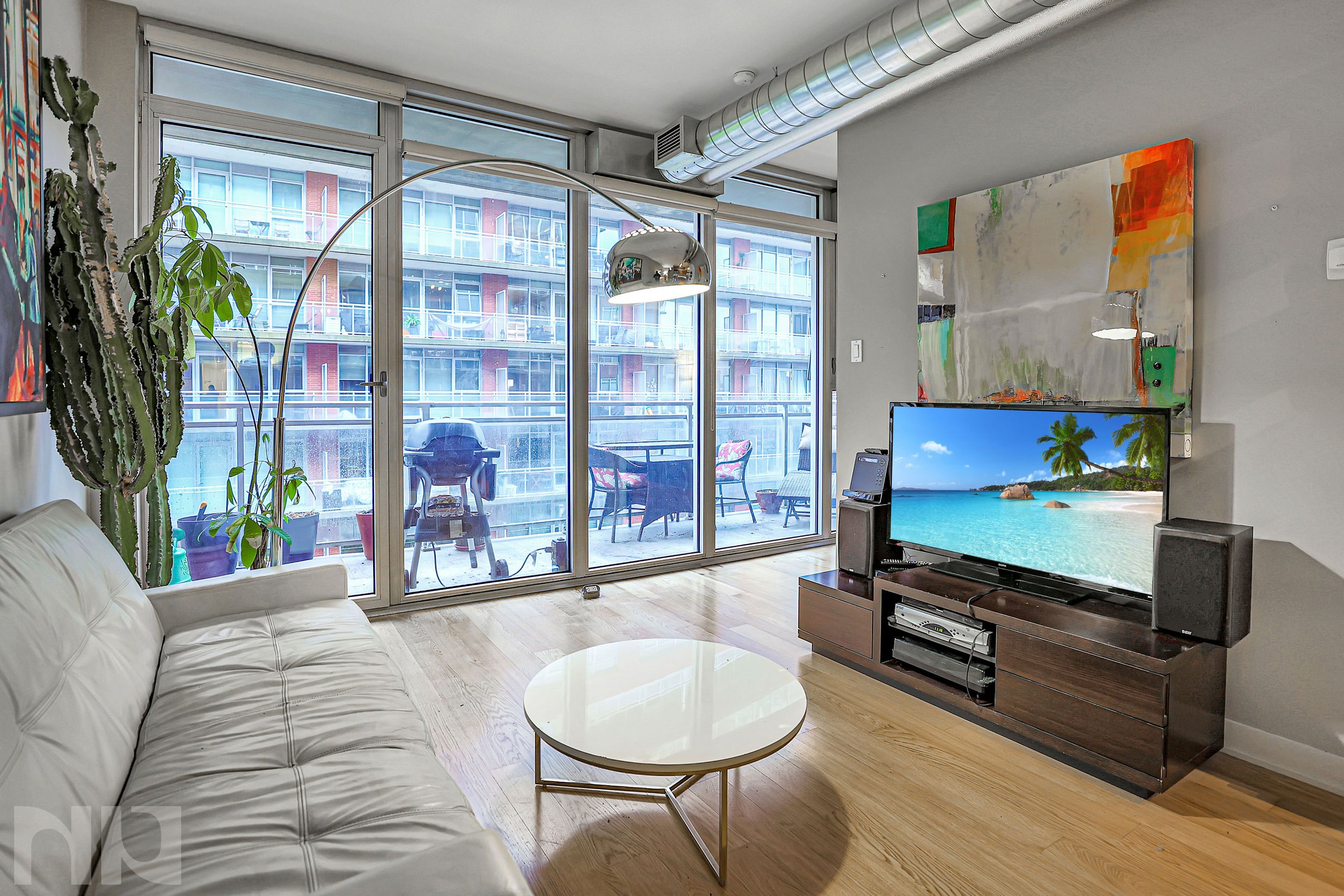“Budget 2022:” Federal Budget Has a Large Focus on the Housing Market
The federal government has come out with their budget for 2022 - and they are placing their focus on housing!
This budget has been proposed to help Canadians with the cost of living, but the work towards this is a long-term strategy for housing rather than a short-term solution to daily expenses.
The housing aspect of the budget is allotting billions of dollars to housing affordability. This includes investments in building more homes and the barriers that stop them from being built in the first place. These investments extend into rental housing as well as making it easier for young buyers to get their own places.
The focus is on expanding the ‘supply side’ of the economy, rather than just making housing more affordable. This includes $4 billion dollars over the next five years into something called the “Housing Accelerator Fund” which will help municipalities build new homes. These supports include “per-door incentives” or “upfront funding” for plans to build homes, allowing builders to increase development.
Tax-Free Home Savings
This budget also introduces a “Tax-Free First Home Savings Account” which first-time homebuyers can use to start saving towards their first homes. This could allow buyers to save up to $40,000, similar to an RRSP or TFSA. Further, the First Time Home Buyer’s Tax Credit is now being doubled to $10,000! This is applicable on any homes bought on or after January 1st of this year.
Foreign Investors
Further, the budget hints at the fact that the Liberal government intends to ban foreign investments in Canada. This would mean that foreign commercial enterprises and those who are not citizens or residents of Canada would not be able to buy property. This is proposed for a period of two years.
House Flipping
A further rule introduced which will hold ‘house flippers,’ or people who buy homes to fix them up and sell them for a higher price, may be taxed if they sell a home after having it for less than a year. This will be beginning in 2023. These restrictions won’t apply to people who have to sell their homes for a reason like a death in the family, disability, or economic changes. Canadian citizens will be consulted on the final details before this becomes law.
Home Buyer’s Bill of Rights
Next up is the proposal of a “Home Buyer’s Bill of Rights” which will help buyers feel protected from issues in the buying process such as blind bidding or waiving inspections.
The government has also proposed housing for Indigenous communities and vulnerable communities. They will be spending billions over the next 7 years on Indigenous housing in Canada, and 1.5 billion over the next two years to create around 6,000 more affordable housing units, with a 25% minimum on women-focused housing projects.
Rental Construction
Part of the budget will also be focused on the “Rental Construction Financing Initiative” with a large focus on energy efficiency and affordability. The goal is to simultaneously reduce carbon emissions and create more affordable housing options.
Tax Credits for Accessibility and Multigenerational Homes
The government will also be providing tax credits to people with disabilities and seniors who need to upgrade their homes to ensure their own safety. This credit is proposed to be doubled, from a maximum of $1500 to $3000 for accessibility and up to $7500, or 15% of a $50,000 renovation.
We will see these new initiatives come into place over this year and rolling into 2023.


























